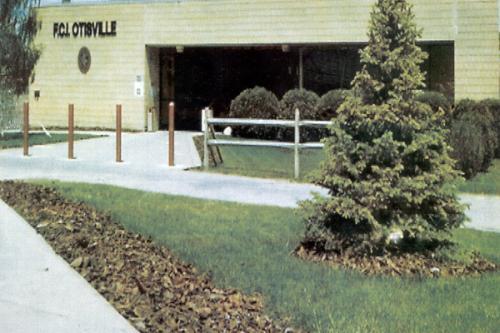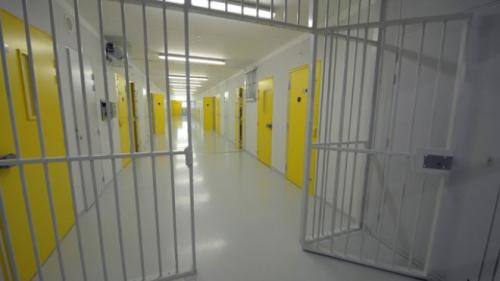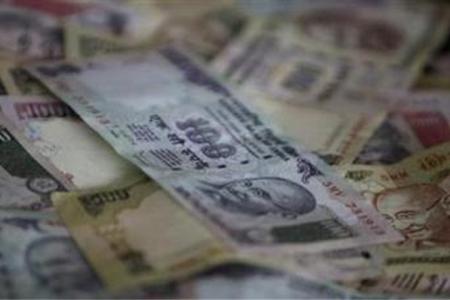 | « Back to article | Print this article |
A look at facilities Rajat Gupta will enjoy in prison
Prisons can be made profit centres by keeping well-heeled inmates in plush facilities and charged for preferential treatment.
Rajat Gupta has requested, and Judge Rakoff has said he will recommend, that Mr Gupta spend his two years in a minimum security prison camp at a place called Otisville, not far from New York City.
Otisville figures at the bottom of a Forbes 2009 list of the 10 cushiest prisons in the US (dubbed the "Club Fed"), and is ideal for white-collar criminals who don't want to go through the traumas that the fictional banker Andy Dufresne, went through in the 1994 classic, The Shawshank Redemption.
Pictures of these minimum security places, which you can see on the Forbes.com website, make them look like suburban recreation centres - and some of them are that too, with email, shops which sell you snacks that your wife may not allow you at home, five books permitted at a time, and shady outdoors where you can meet visitors on weekends (a hug and a kiss is allowed at the beginning and end of each visit, no other physical contact).
Click NEXT to read more...
A look at facilities Rajat Gupta will enjoy in prison
If you want to gauge the rigours of these minimum security prisons, the Forbes list mentions that one such establishment in Memphis has that city's humid climate as a drawback, while another near San Francisco is praised for the Bay area's "gorgeous" weather and easy travel options for visitors.
A camp in Pensacola, Florida, is listed as offering "better jobs and recreational choices". At Yankton in South Dakota (in a place that, judging from the picture, could pass off from the outside as a premium B-school), inmates can take classes in accounting, business administration and business management - but Mr Gupta will not be needing those.
In other places, you could learn to become a dog trainer, or get yourself a commercial driver's licence - no pilot licences on offer, though.
Click NEXT to read more...
A look at facilities Rajat Gupta will enjoy in prison
However, inmates (two persons to a room) can get credits of various kinds for work done and, wherever he is headed, Mr Gupta could impart some of his Harvard education over the next two years.
After all, Dufresne earned himself a lot of brownie points at Shawshank by offering tax and accounting help to everyone from the crooked prison warden down to the brutalising guards.
There are some serious negatives too, of course; one "Club Fed" facility is said to suffer from a shortage of guards, so inmates could be at physical risk - presumably of assault from fellow-inmates.
Click NEXT to read more...
A look at facilities Rajat Gupta will enjoy in prison
India does not have different categories of prisons, based on the level of security that has to be provided (maximum, medium and minimal), though white-collar criminals potentially a rapid growth category) are unlikely to jump over high walls or bend the bars in cell windows.
What India does have are different categories of prisoners: A, B and C class, defined by social and educational status, and by "mode of life". If you are a graduate, you more or less automatically qualify for "B" class.
Those who get preferential treatment can supplement their jail food with biscuits and non-alcoholic drinks, and wear their own clothes. They can also use soap, hair-oil and toothpaste, get table and chair, and write four letters a month (instead of two).
Click NEXT to read more...
A look at facilities Rajat Gupta will enjoy in prison
Political prisoners are in the highest category, of course; some leaders of opposition parties were incarcerated during the Emergency of 1975-77 in such places as district Circuit Houses.
These days, VIP prisoners ("under-trials" awaiting bail, mostly) have been reported to be enjoying TV sets in single rooms, all the newspapers they want, and prison staff doing their personal work.
Why not formalise and perhaps democratise this by having separate categories of prisons, instead of prisoners? As the columnist Ashok Desai once suggested, you could even make well-heeled inmates in plush places pay for preferential treatment, and convert such prisons into profit centres!





